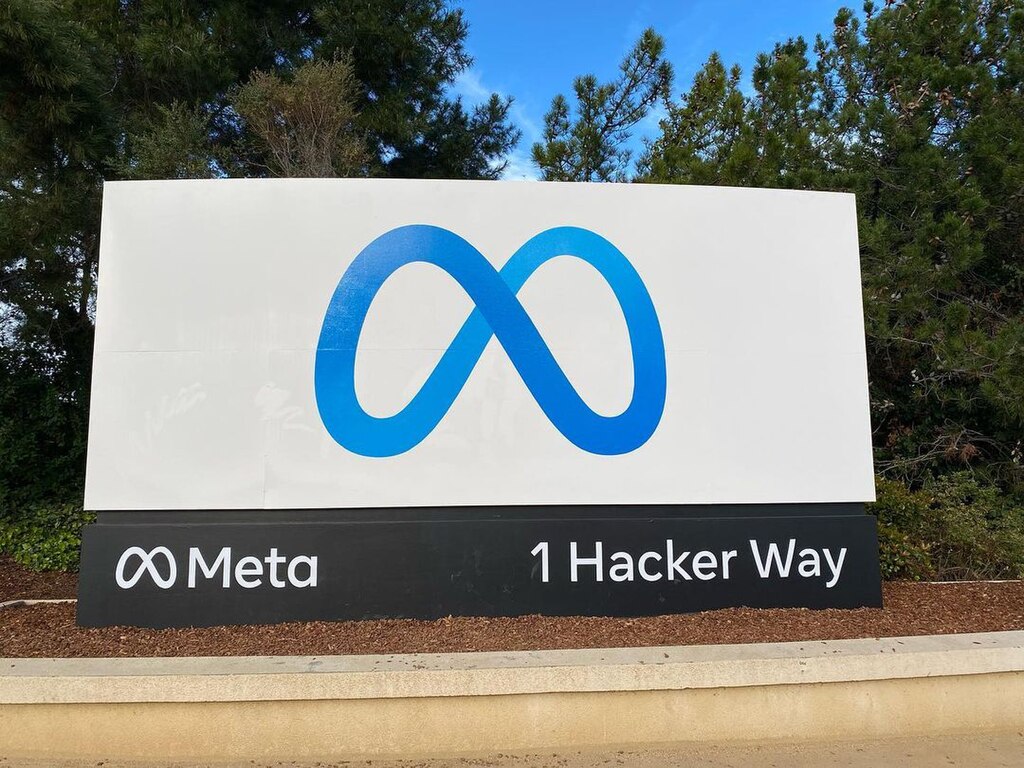Oklahoma Governor Kevin Stitt has signed HB 3594 into law, establishing comprehensive protections for cryptocurrency-related activities in the state. The new legislation, approved on May 13 and set to take effect on November 1, prohibits the state government from restricting or impairing the use of cryptocurrencies for purchases and self-custody.
The law ensures that neither state nor local governments can impose additional taxes specifically targeting cryptocurrencies. Instead, cryptocurrencies will be subject to the same taxes as legal tender. This measure aims to foster a more favorable environment for crypto transactions and investments within Oklahoma.
HB 3594 also provides significant protections for crypto mining activities. It legalizes both home and industrial crypto mining operations, allowing businesses to operate in areas zoned for industrial use. While local governments retain the authority to change zoning designations for mining businesses, they must provide proper notice and allow for appeals. The law also prevents local authorities from imposing specific noise restrictions on crypto mining operations, though general noise and data center regulations will still apply.
The Oklahoma Corporation Commission, the state's public utilities commission, is prohibited from creating discriminatory rate schedules for crypto mining companies. Additionally, the law exempts parties engaged in mining, staking, and operating blockchain nodes from obtaining a money transmitter license, simplifying the regulatory landscape for these activities.
The Oklahoma Bitcoin Association lauded the legislation, noting that it makes Oklahoma the first state to codify the rights of its citizens to run nodes, mine, and self-custody their Bitcoin. Dennis Porter, CEO of the Satoshi Act Fund, praised the bill for addressing what he described as an "onslaught of attacks" on self-custody rights.
This legislative move by Oklahoma comes as other states, such as Arkansas, have imposed restrictions on crypto mining, often citing noise pollution as a concern. On a national level, efforts like Senator Elizabeth Warren's Digital Asset Anti-Money Laundering Act aim to impose similar restrictions on activities related to unhosted wallets, digital asset miners, and validators.
Oklahoma's HB 3594 sets a significant precedent in protecting cryptocurrency activities, potentially serving as a model for other states looking to create a more supportive regulatory environment for the burgeoning crypto industry.






























Comment 0